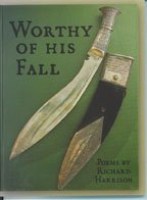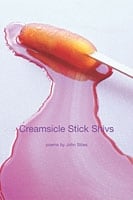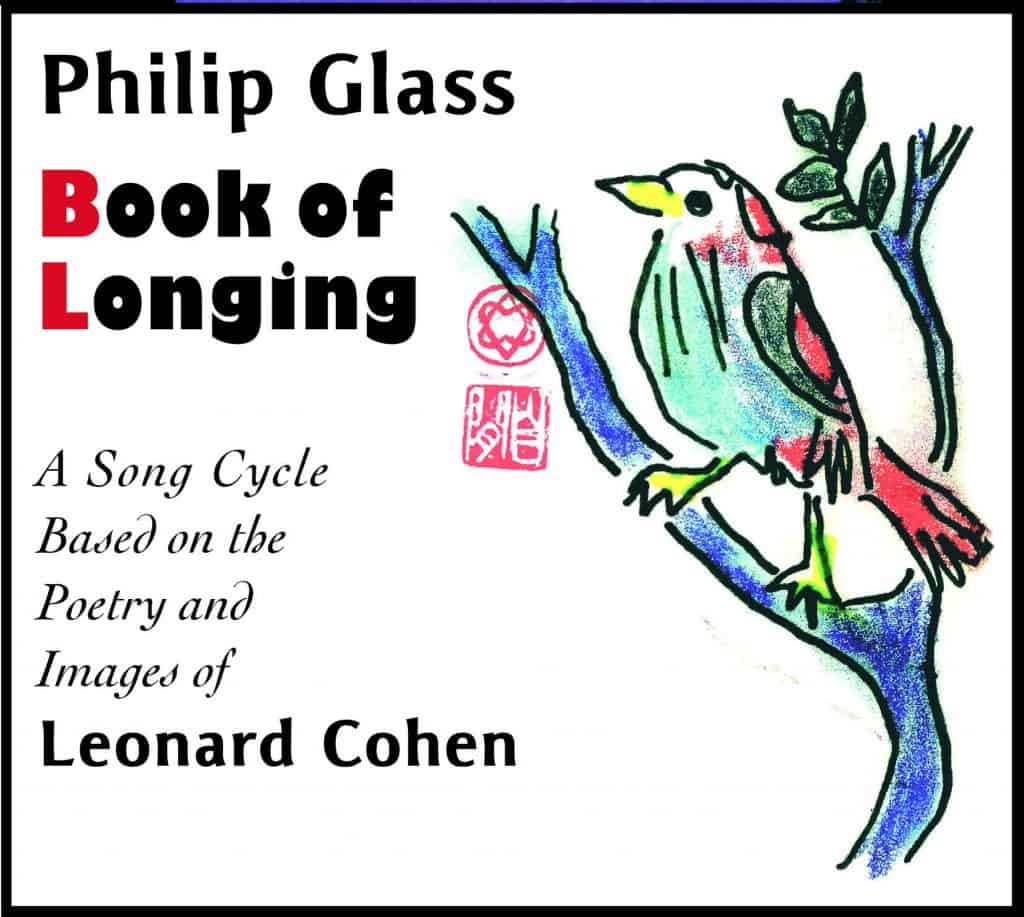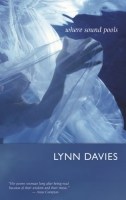
Jaguar Rain: The Margaret Mee Poems by Jan Conn
Review by Jenna Butler. Jaguar Rain: The Margaret Mee Poems is a sensual feast for the image-starved reader. Poet Jan Conn realizes the lush landscape of Brazil in vivid detail through the eyes of artist Margaret Mee, imbuing the poems with a vivid tapestry of scent, sound and colour. At the same time, Conn’s work is subtly underwritten by an awareness of the volatile nature of the landscape and of the painter/poet’s place in it. Conn gives the reader no preamble; the leap into the Brazilian landscape is immediate and alienating, much as Mee found her initial forays into the forest to be. Not only are the surroundings quite different from anything the speaker in the poems has encountered before,









